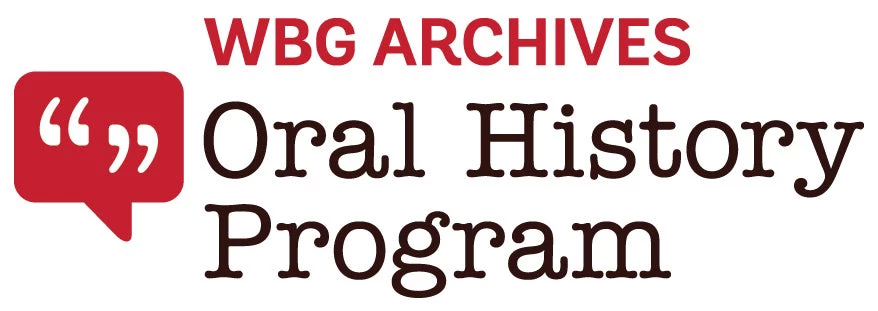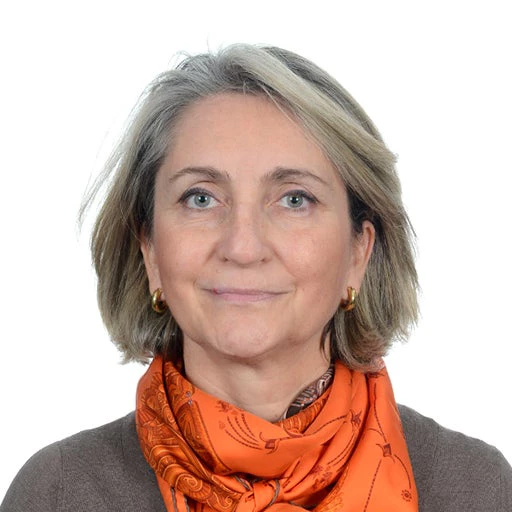In my last post on the Bank’s Open Archives program , I wrote about how the Archives of the World Bank Group (WBG) is striving to make information easily accessible to the public, and maximizing the impact of the WBG’s open initiatives. By enabling access to the oldest and only multiregional development archives, we reveal the experience of generations of development practitioners and their counterparts to help inform the decisions of today's development community.
But are there other sources? Are there voices from the past that can teach us new ways of looking at development challenges beyond what the records in the Archives can illuminate? Although the WBG Archives has oral histories from staff dating back to the early 1960s, we’ve managed a full-fledged Oral History Program since 1998 where professional oral historians interview former Bank staff about their work in development to capture their memories, stories, and reflections. Sometimes light-hearted and other times very serious, these interviews convey the nuances of development and the work of the WBG with its partners that the written record in the Archives cannot.
Take — for example — the Bank’s work to address onchocerciasis (or river blindness ) in West Africa. Onchocerciasis has been in the news recently as the Nobel Prize in Physiology or Medicine 2015 was awarded for the “discoveries concerning a novel therapy against infections caused by roundworm parasites.” The Bank and its partners established the Onchocerciasis Control Program in January 1974, and World Bank President Robert S. McNamara played an instrumental role in the Bank’s foray into this work. The written record of the Bank’s activities in the program are in the custody of the WBG Archives (such as McNamara’s records described here ), but do these records tell the whole story? By exploring oral history interviews, we learn that staff became interested in addressing the challenges posed by onchocerciasis as early as 1968, but the Bank’s board was reluctant to venture into the health sector for the first time. By listening to the different voices we can gain a multi-faceted understanding of the Bank’s work in onchocerciasis control and prevention. The audio clips below will give you a glimpse of the treasure trove of the oral history transcripts.
To unlock the power of our oral history materials, the WBG Archives has launched a new website, http://oralhistory.worldbank.org . Browse the site by country, name and collection or use a powerful search engine to find relevant transcripts. Transcripts, photographs, and audio clips of interview segments, whenever possible, accompany the recordings. Use these materials in your research or include them as an excerpt for a publication, multimedia, or an online product.
Experience the voices of the past from our new site and connect with firsthand knowledge to understand development challenges in a new light. Have you used oral histories in your research before? Tell us about it in the comments section below:
[[avp asset="/content/dam/videos/backup/2018/jun-72/oral_history_clip-_george_r_delaume_hd.flv"]]/content/dam/videos/backup/2018/jun-72/oral_history_clip-_george_r_delaume_hd.flv[[/avp]]
Georges Delaume served as Senior Legal Adviser of the International Centre for Settlement of Investment Disputes (ICSID), 1985-1986. (Bank Tenure: 1954 to 1986)
Related:
An information goldmine: The World Bank Group Archives goes online
Access to Information at the World Bank
Mining the World Bank Archives’ 70 Years of History



Join the Conversation